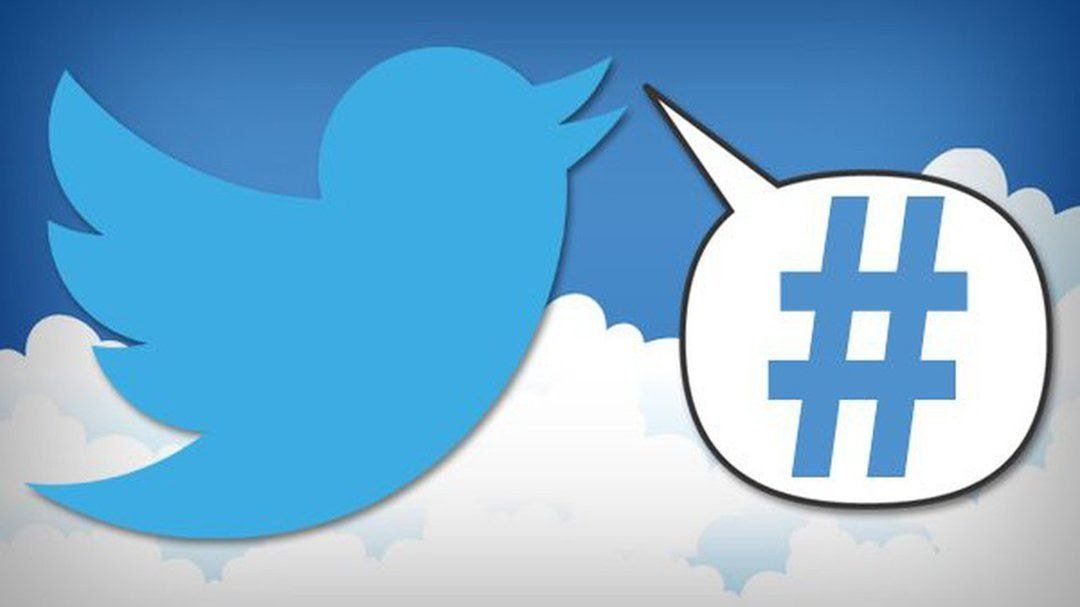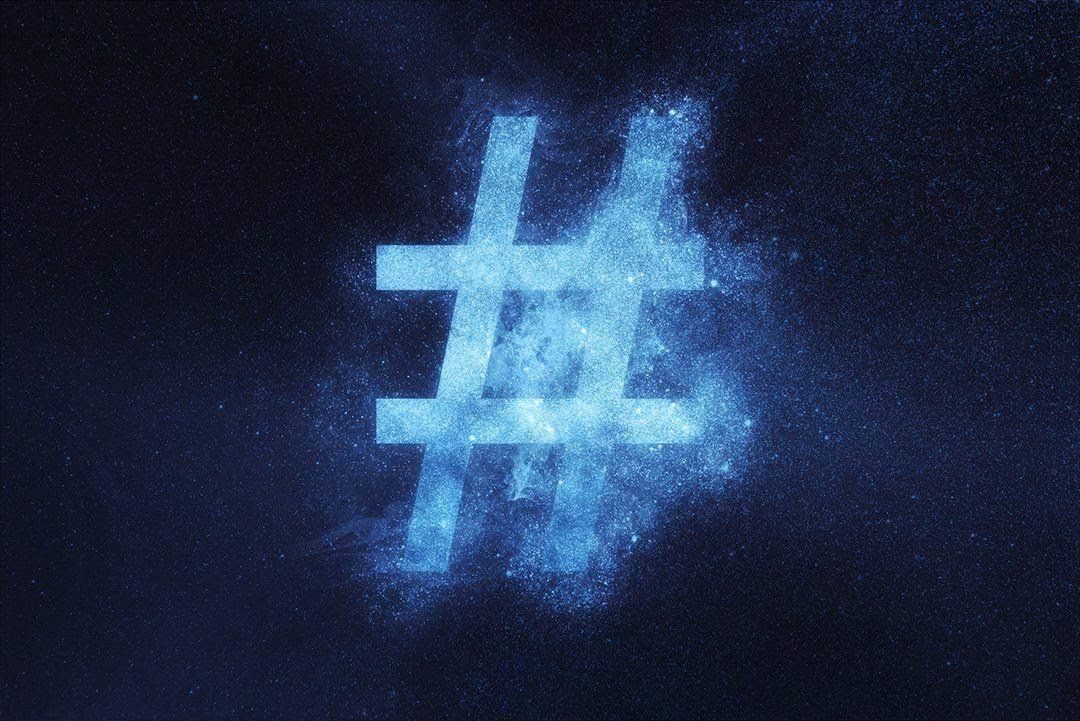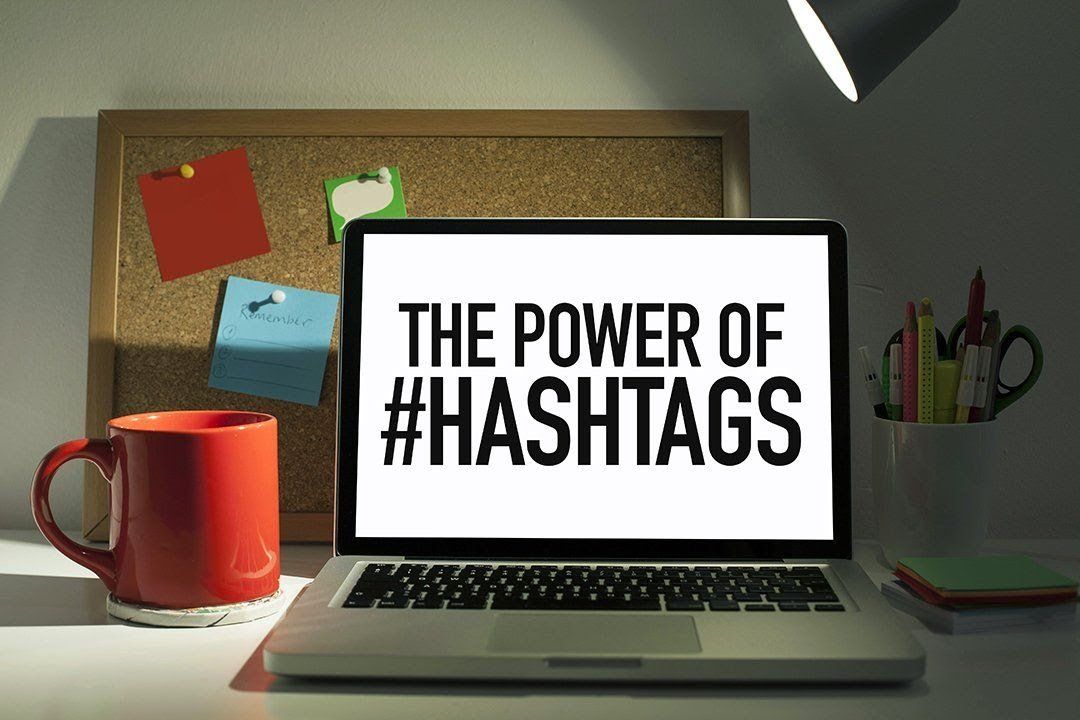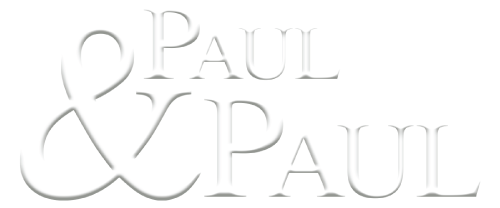How Do You Take Ownership of a Hashtag?
Social media has changed the way business is done. Social media platforms have become indispensable platforms for marketing, customer service and lead generation. Brand owners have much of their profit and potential profit tied into their social media presence, and hashtags have become an important part of company branding online.
Because of this, hashtags are now in an evolutionary stage where they have become more important to a company’s brand identity and intellectual property. As a result, registering trademarks for hashtags has taken off.
A hashtag is referred to a phrase or a single word that is preceded by a symbol of hash #, also known as the pound sign. For example, a hair color brand may use #impressivebrown hair to promote their product.
Some hashtags are common and can be used by everyone, individuals or businesses. It could be #enjoyyourlife, #lovemyhair, etc. But there are some phrases that are unique to a certain brand, examples are the ones with the tagline of popular brands.
It was when taglines for brands started catching on, companies started registering unique hashtags that identified their brand value. The registration of hashtags is a relatively new phenomenon.
If you have a hashtag that is important to your company’s online presence, you may wonder, can you trademark a hashtag? If you think your hashtag needs trademark protection, you should know a little more about hashtags, like what can be registered and what can’t.
According to a recent study by Clarivate Analytics — what used to be called Thomson Reuters CompuMark — a mere seven companies submitted applications for trademark-specific hashtags back in 2010. That number spiked as Twitter, Instagram and others became much more popular in our culture. By 2016 some 2,200 applications to register trade-mark specific hashtags were filed globally.
The hashtag is an extremely popular way to promote a company’s products or services. People take notice, and engage with companies through their hashtags. Buzz, drama, and thought leadership all stem for hashtag use. Companies now have entire online cultures built around “real-time” marketing and sharing and liking and clicking.
However, as digital culture becomes more and more a part of our everyday lives, the accessibility of the social platforms presents some intricate and subtle intellectual property-related challenges.
Companies, and their corporate lawyers need to be tech savvy enough to understand that protections need to be in place digitally.
Today, marketing and promotion of a business or a service are considered incomplete and futile without social media. The concept of going ‘viral’ is helping products and businesses catapult their band to newer heights in a short amount of time.
Trends in social media and marketing, in general, are constantly changing but one concept that is going to be vital for a long time is the hashtag. In fact, the hashtag concept is so popular that you will find it even on offline messages now, just to emphasize a point.
If you think your hashtag needs trademark protection, then you should consult a trademark lawyer. Before you go ahead and file a trademark, you should know a little more about hashtags, about what can be registered and what can’t. Let’s review some of those challenges!
Can Your Hashtag Be Registered as a Trademark?
According to the United States Patent and Trademark Office, a term containing the hash symbol or the term “hashtag” may be registered as a trademark. However, The first challenge with the digital world and company branding is all about what may or may not be registered as a trademark.
A trademark is a sign that is capable of distinguishing the goods and services of one company from those of another. In sum, it allows consumers to identify the source of a product or service. While a #hashtag alone is a generic symbol with no source-identifying significance, used in conjunction with a product name or campaign tagline it may function in the same way as a trademark and be registerable as such.
Used in this way, a hashtag is a simple yet powerful means of stimulating interest in or reactions to an event, product or service. But while such use can promote a brand, product or service, generate sales and boost brand recognition, it does not automatically turn a brand name or advertising slogan into a registrable trademark.
So when exactly is it possible to register a hashtag used in a marketing campaign as a trademark? Guidance from the United States Patent and Trademark Office (USPTO) states: “A mark comprising of or including the hash symbol (#) or the term ‘hashtag’ is registerable as a trademark of service only if it functions as an identifier of the source of the applicant’s goods or services.”
Hashtag trademarks that have been successfully registered as such in the United States include: #smilewithacoke and #cokecanpics (The Coca-Cola Company), #McDstories (McDonalds), and #makeitcount (Nike).

What Constitutes Hashtag Trademark Infringement?
The next concern companies need to be aware of is infringement. What happens when someone uses a brand’s hashtag on Twitter or Instagram? Does including a company’s trademarked hashtag in a social media post constitute trademark infringement?
If the use suggests that there is a connection or link with the trademark owner, or creates a likelihood of confusion or association with the trademark owner, then there may be grounds for infringement. This, however, is not the case if the post containing the hashtag trademark is simply promoting the intended social media message.

Registering a Hashtag as a Trademark
According to a study by Thomson Reuters, CompuMark, now known as Clarivate Analytics, in 2010, only seven companies applied for trademark hashtags but in 2016, there were around 2,200 applications. This number is surely going to increase in the coming years.
The USPTO or the United States Patent and Trademark Office identifies registerable hashtags as those which are unique to certain businesses or brands. That means hashtags that individualize a particular business can be registered. Some of the examples of registered hashtags are of the Coca-Cola (#smilewithacoke), Nike (#makeitcount), etc.
In the recent years, the USPTO has allowed around 100 hashtag registrations, some of which are, #THESELFIE for products and services related to photography and videography, #STEAKWORTHY for restaurant businesses and #LIKEAGIRL related to information and stories on women empowerment.

Hashtags That Are Refused as Trademarks
A hashtag in itself is not a trademark symbol but it is worthy of protection only when it identifies the source or the company it denotes. Thus, USPTO refused to recognize many descriptive phrases with hashtags.
Thus, hashtag registration also functions as conventional trademark recognition. The ones that identify its creator are trademark-specific hashtags and ones that are vague or common phrases are not trademarks.
Steps To Take To Register a Hashtag
Brands should take steps to protect their business on the internet, especially social media. The first step is to register words or phrases that they have been using as their tagline or identifier without the hashtags.
For instance, if you deal with wrist watches, and if your popular tagline is, ‘Now is your time’, then you should register the phrase first. Businesses also need to use hashtags that do not include their brand name or the main brand.
Also, you should be careful in using certain hashtags that are easily identifiable with a certain company, because it may lead to copyright infringement. A trademark attorney can help you find ways to protect your hashtags and the best possible way forward.
Since hashtag creation is also included as intellectual property, an intellectual property lawyer can be of great help. It is also now necessary to include relevant clauses that caution against using your unique hashtags in your license agreement, settlement agreements, etc.
Therefore, it’s necessary that you take steps to protect your brand and your business on social media platforms. An intellectual property lawyer can help you in identifying the right hashtags that require registration and can also guide you in using relevant and non-controversial hashtags that do not infringe on any other’s rights. If you have any doubts or questions regarding hashtag trademark registration, then you should contact a Philadelphia trademark attorney at (215) 568-4900.

How Much Does It Cost to Trademark a Hashtag?
The Initial Costs of Trademarking a Hashtag
If your hashtag can be trademarked, you can submit a trademark registration application to the USPTO online using the Trademark Electronic Application System (TEAS).
TEAS trademark registration fees are either $225 or $275 per class of goods or services, depending upon whether you are using TEAS standard or TEAS Plus.
If you use your hashtag in connection with more than one class of goods and services—such as both t-shirts and barware—you must pay the filing fee for each class of goods and services.
Keep in mind that because the fee is not returned to you if your trademark registration application is ultimately denied. You may want to retain an attorney to ensure that you do not waste money on an application that will be denied.
The Costs of Maintaining and Renewing a Trademarked Hashtag
Every five (5) years you must file an Affidavit of Use, also called a Section 8 Affidavit. This currently costs $125 per class of goods or services. Every ten (10) years you must file an Affidavit of use and Application for Renewal, which is a combined Sections 8 Affidavit and 9 Renewal. This currently costs $425 per class of goods or services.
Can You Patent a Hashtag?
A patent is a set of exclusive rights granted to the patent holder for a limited time in exchange for disclosure of the details of that patent holder’s invention. When a patent expires those details are then available for public use.
The two primary types of patents in the U.S. are the utility patent and the design patent. A utility patent is granted to original processes, compositions, and machines. A design patent is granted for an original ornamental design of a functional item, such as ornamental designs of jewelry, furniture, or beverage containers.
A hashtag is not an original process, machine, or ornamental design. It is words, not a blueprint for something concrete. The combination of words may be original, however, patents pertain to the blueprints or the design of functions or tangible items. Trademark is the most appropriate form of intellectual property to apply to hashtags.
Can You Copyright a Hashtag?
Probably not. But the question is, would you want to?
Copyrights are generally granted to original creative works such as books, music, art, dramatic works, and the like. What is copyrighted is not facts and ideas but the physical representation and performance of facts and ideas. In other words, something that is copyrighted must be tangible, not a concept or design of tangible objects, such as with patents.
The holder of a copyright has the exclusive right to perform, sell, give, trade, and license the work. Because anyone can repeat or use anyone else’s hashtag, copyright has no effect. Besides, from a marketing standpoint you want others to use your hashtag, you don’t want to protect your right to exclusive use of it.
Twitter has a policy regarding repeating other’s hashtags, in that hashtags cannot be used in a way that will lead someone to confuse the hashtag owner’s product or service with another.
Note: This article was originally published in April, 2018, but has since been updated with new information as of July 20, 2020.
